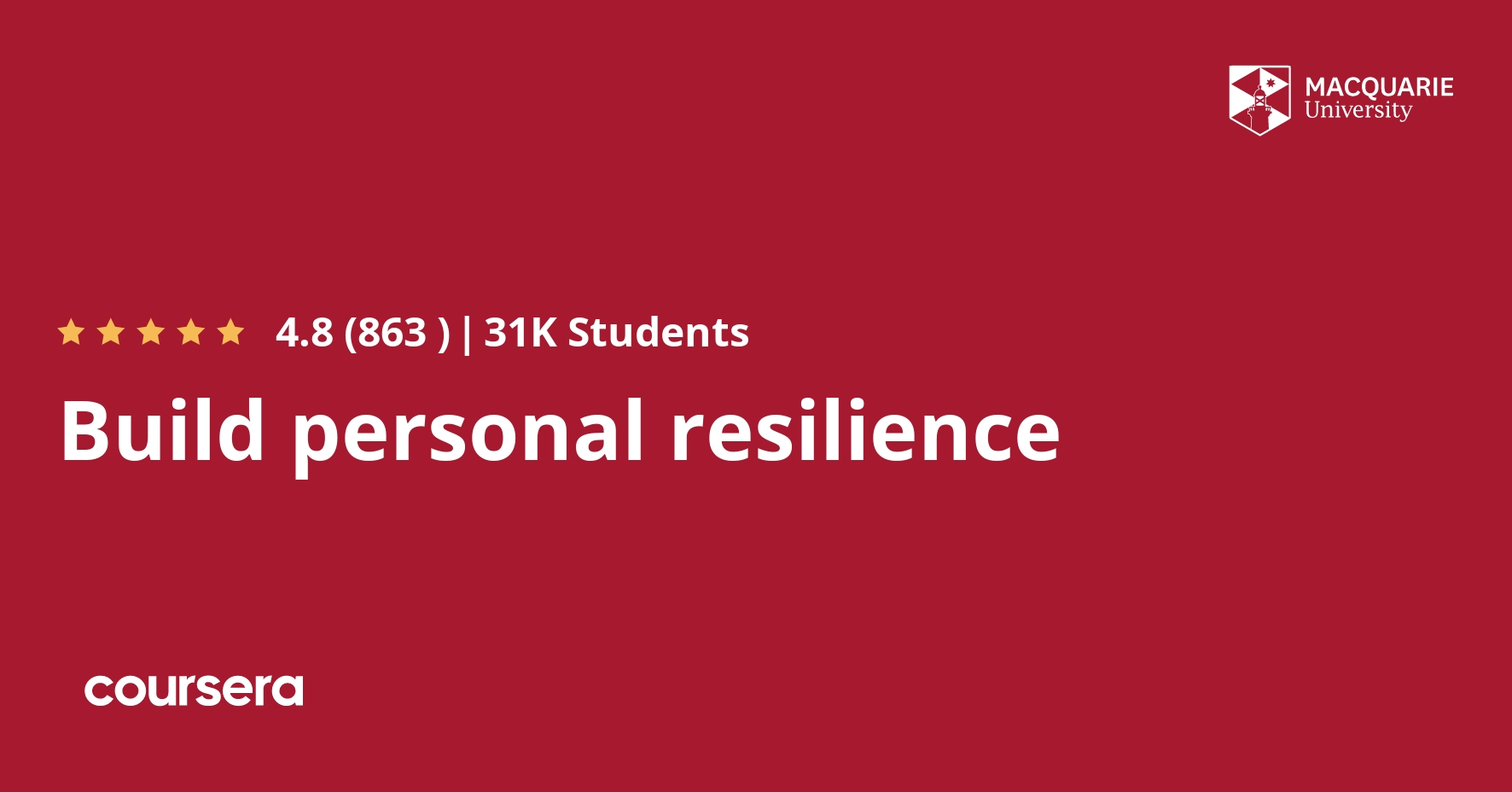Description
Globalisation and advances in information and communication technology have resulted in a 24/7 work environment characterised by rapid change, a greater sense of competition, and an explosion in access to communication and information. These pressures compound stress related to workload and information processing – this not only reduces performance but can lead to a reduced sense of meaning and purpose as well as physical and mental health issues. Understanding stress and how to boost your resilience to it are essential skills for contemporary leaders and play a vital role in managing the demands you face at work. This course will focus on the nature of stressors facing leaders in today’s work environments and how to deal with them. You’ll explore personal resilience – your capacity to withstand and cope with stress – and strategies for self-management, motivation and organisation. You’ll also learn how resilience is impacted by health and social relationships.
What you will learn
The nature of stress and resilience
As you know stress is a major problem in today’s dynamic work environment. No doubt you have experienced stress in your working life. However, you may be surprised about the extent of stress and the scale of the problems that it represents to society, organisations, and to their workforces. Stress is a problem for everyone but you will focus on stress as it applies to managers, whether they work in large or small organisations or run their own business. Today, to enhance and prosper at work, you need to develop your capacity to deal with stress and its causes, in other words to build your resilience. In Week 1 you will begin to explore the nature of stress and resilience, a big picture view of the impact of stress, and the role of contemporary forces in society on the growing problem of stress for you and for those you will work with. The guided activities, including the Habit Corner, will help you to determine your stressors, how you respond to them, and compare your approach toa model of stress and resilience.
The sources of stress
From last week you will recognise that stress arises from the challenges you face in your work (and in your lives). This week, in relation to the framework of stress you will reflect on and analyse your personal work experiences to evaluate your own sources of stress. Four types of stressors will be introduced and discussed in detail. Understanding the nature of sources of stress will help you generate insights for building resilience both for you and for those you manage and work with in the future.
Approaches to deal with stress
Having so far examined the sources of stressors that you are likely to have encountered and the impact or reactions to stress you’ll now turn your attention to becoming more resilient to stress through the adoption of approaches to manage stress. First, you will explore whether you can eliminate stress from your life. While you may think it is impossible to eliminate stress, it is important to realise that for many people the way you structure your work environments can have a profound impact on the level of stress encountered. Why suffer if you don’t have to? Given the important insight that people can react very differently to stressful situations, you will explore how your perceptions play a role in the impact of stress you experience. You will look at a number of these perceptual aspects and consider insights that you may employ to manage your stress. Finally, you will examine how improving your skills to deal more appropriately with the demands placed upon you can have a significant impact on the experience of stress.
Building resilience
This week you will continue to explore how to build resilience by looking at a number of features of resilient people. First, you’ll explore the psychological aspects of resilience – in particular, the concept of hardiness and how your emotions play a role in how well you deal with stress. In addition, you will investigate the relationship between resilience and health. You know that when you are tired or have low energy or are feeling unwell you are more likely to react poorly to stressful situations. Finally, you will examine resilience from the perspective of social connectedness. While your interactions with others can often be a source of stress, you also seek out people to share and talk to about your stress. Resilient people are typically part of social networks, family and friendship groups, that can support us in times of stress. By considering these various aspects of resilient you are able to reflect on your own resilience profile.





